This online project will start in September 2017 and finish in April 2018. The project is open to high school students and teachers from all over the world who believe in the power of global connections.Your students need to have communicative competence in English as all the assignments and communication will be conducted in English only.
Objectives
The objective of this project is for high school students and teachers to make international connections with peers and experts from all over the world and to improve their problem solving skills. As we all encounter problems every single day, it is important to know how to solve both easy and complex problems. In this project, we aim to show our students how to define problems, how to generate evaluate, select and implement solutions. We believe that this skill will be one of the most important ones in the future workplaces.
Upon completion of this project, students will:
• develop an understanding of problem solving
• identify the skills to participate in problem solving
• better understand the SDG ( Sustainable Development Goals) and the challenges in achieving it
• improve their writing, speaking and ICT skills
• meet international students and become a part of a global community
• participate in thought provoking Skype conversations and self –reflection activities that challenge students to investigate global problems
• become competent users of ICT tools in education
• gain a factual knowledge on global problems
• learn to express themselves online
• be challenged to share the information they learn
Upon completion of this project, teachers will be able to:
- connect with educators in other schools
- build their knowledge to feel more confident to teach global content in their classrooms
- design a global learning experience
- develop activities around the SDGs
- improve their ICT skills
Learn more / En savoir plus / Mehr erfahren:
https://gustmees.wordpress.com/2015/07/19/learning-path-for-professional-21st-century-learning-by-ict-practice/



 Your new post is loading...
Your new post is loading...




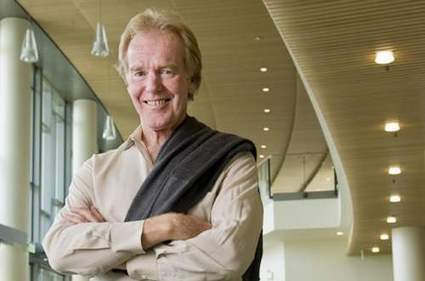
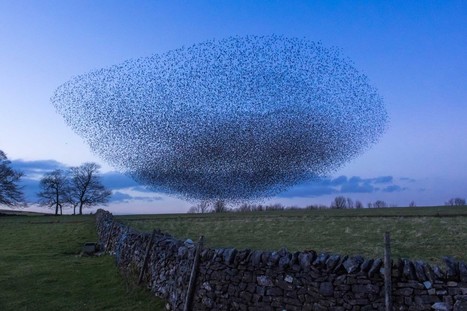




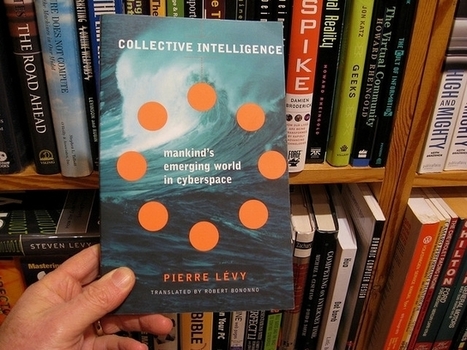
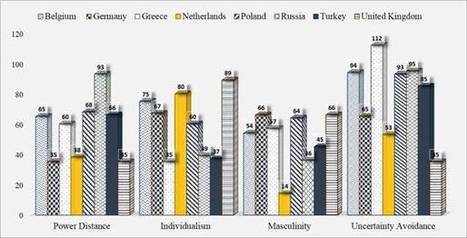




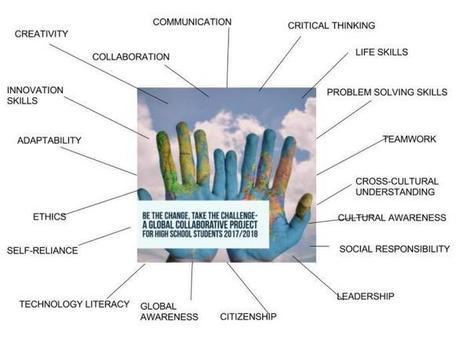

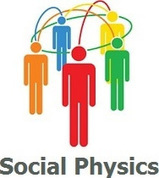








More than 60% of the human population is connected to the Internet, most sectors of activity have switched to digital and software drives innovation. Yet Internet standards and protocols were invented at a time when less than one percent of the population was connected. It is time to use the data flows, the available computing power and the possibilities of interactive communication for human development… and to solve the serious problems we are facing. That is why I will launch soon a major international project – comparable to the construction of a cyclotron or a voyage to Mars – aiming at an augmentation of the Internet in the service of collective intelligence.
Learn more / En savoir plus / Mehr erfahren:
https://www.scoop.it/t/21st-century-learning-and-teaching/?&tag=Intelligence+collective
https://www.scoop.it/topic/21st-century-learning-and-teaching/?&tag=collective+intelligence